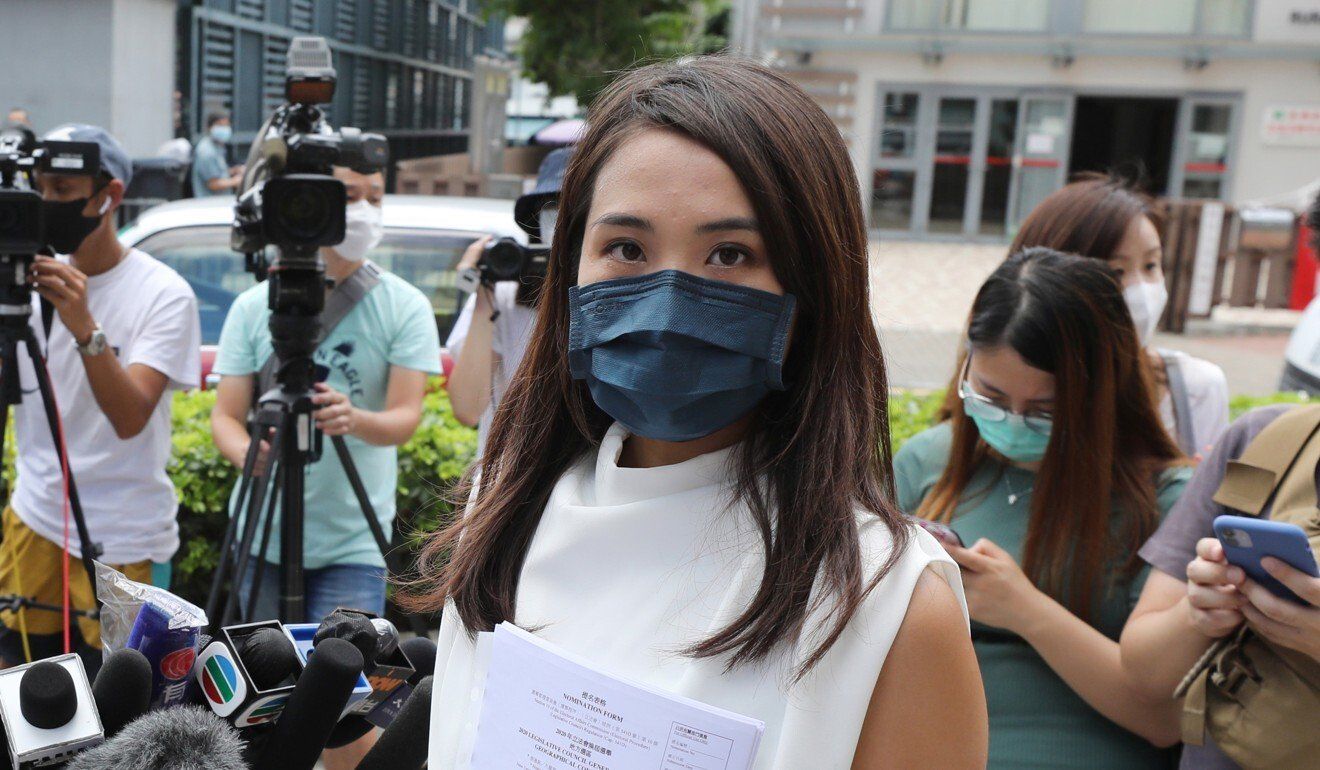Hong Kong News

Hong Kong judge dismisses activist’s critique of ‘closed-door’ bail hearings
A Hong Kong judge has dismissed a detained activist’s critique of bail hearings as “closed door”, calling the assertion “inaccurate and unfounded” given that members of the public were allowed in court in spite of restrictions on media reporting.
Madam Justice Esther Toh Lye-ping of the High Court on Thursday handed down a brief judgment explaining why she had refused Gwyneth Ho Kwai-lam’s application the day before to lift the reporting restrictions when she applied for temporary release while awaiting trial for a subversion charge related to her participation in last year’s unofficial opposition primary election.
Ho, a former journalist, is one of 47 opposition figures charged under the Beijing-imposed national security law in connection with the primary, which prosecutors have described as a massive subversive plot to paralyse the government and topple the city’s leader by securing a controlling majority in the Legislative Council.
The Criminal Procedure Ordinance allows just six types of information to be published in media reports on bail proceedings – including the defendant’s name, the alleged offence and the application’s result – unless the court finds it in the interest of public justice to allow the disclosure of further details.
Such restrictions were introduced following recommendations made by the Law Reform Commission with the aim of preventing potential jurors from being influenced by matters disclosed during bail applications, as that could be prejudicial to a defendant if he was eventually tried by a jury.
But whether such restrictions should remain in every case has been a subject of debate amid the recent spate of high-profile cases stemming from the security law, which was enacted last year.
At the hearing on Wednesday, Ho’s defence lawyers argued it was in the interest of public and open justice that reporting restrictions be lifted for her bail application. The public, they maintained, had a right to know what was said by all sides, as well as the court’s view on such applications under the national security law.
 Gwyneth Ho is currently in custody awaiting trial on national security charges stemming from an unofficial opposition primary.
Gwyneth Ho is currently in custody awaiting trial on national security charges stemming from an unofficial opposition primary.
They also submitted that the bail application would “effectively be determined” behind closed doors if the restrictions were to remain, adding that Ho did not see any prejudice to her defence in allowing media reports.
When Toh refused to lift the restrictions, Ho withdrew her bail application and returned to custody.
In the five-paragraph judgment handed down on Thursday morning, the judge said: “This court has a duty to protect the integrity of court proceedings down the line.”
In one hypothetical example offered, Toh said that if Ho were to change her stance and instruct new counsel to represent her in the future, they might find themselves hampered by what was said in the previous application if it was publicised.
Toh also dismissed the “closed-door” critique as inaccurate.
The assertion was first raised on paper by Ho’s original counsel, Chow Hang-tung, who was arrested just hours before Wednesday’s hearing for allegedly refusing to cooperate with a different national security investigation. Chow was subsequently replaced by Douglas Kwok King-hin.
The judge said: “I invited Mr Kwok to look at the public gallery and the broadcasting facilities outside the courtroom and asked him to verify if the proceedings were in open court or ‘closed door’, at which he then withdrew this assertion.”
She added that counsel should be “more circumspect in making unfounded assertions in court”.
But Ho, 31, maintained her position in a Facebook post published after the brief hearing, questioning just how open the bail hearing was when its contents were only known to the 100 people in attendance.
Ho reiterated that her “best interest” could only be safeguarded by publicising the entirety of her application.
Just 13 of the 47 opposition figures charged with subversion over the primary have been released on bail. All 47 are slated to return to court on September 23.
The case will be transferred to the Court of First Instance, where the maximum sentence is life in prison.











